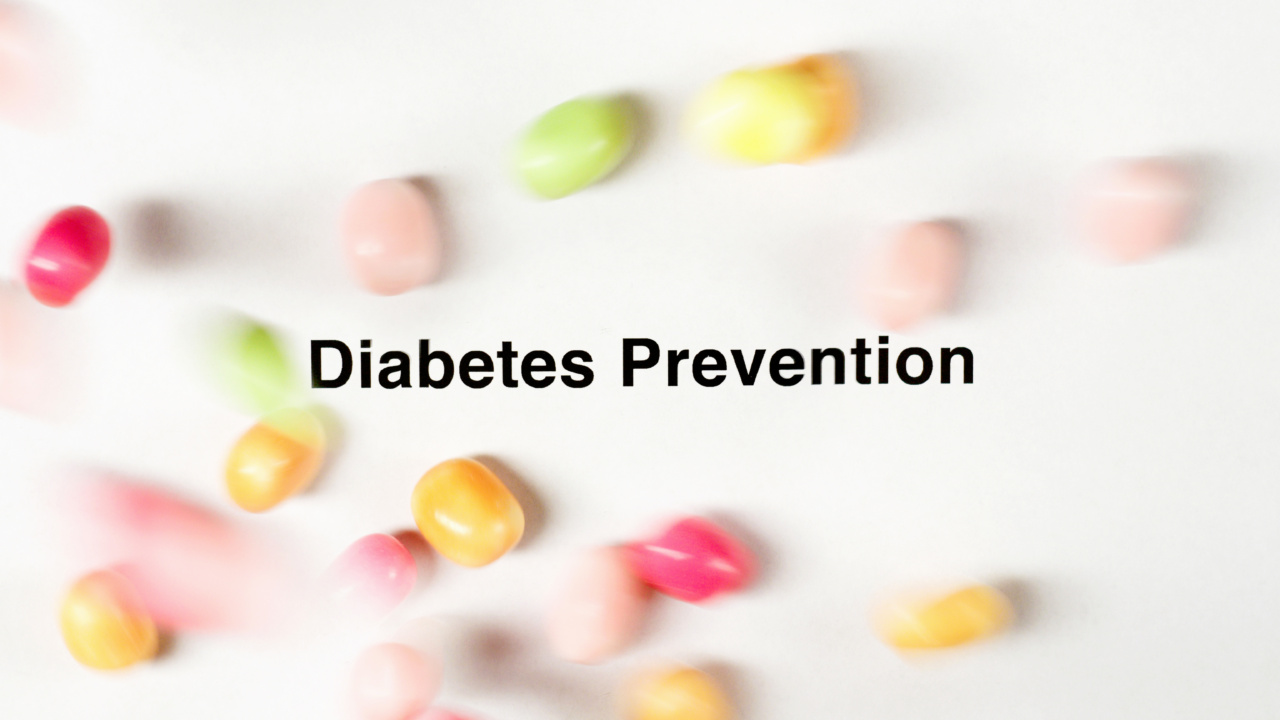Diabetes is a chronic condition characterized by high blood sugar levels. It affects millions of people worldwide and can lead to serious health complications if left uncontrolled.
One of the key factors contributing to the development of diabetes is an unhealthy diet, specifically the consumption of excessive carbohydrates. Carbohydrates, found in various foods, are broken down by the body into glucose, which then enters the bloodstream, causing blood sugar levels to rise.
Therefore, it is crucial for individuals, especially those at risk of diabetes, to be aware of the types of carbs that should be limited or avoided. In this article, we will discuss the carbs you need to avoid in order to prevent or manage diabetes effectively.
1. Refined Grains
Refined grains, such as white rice, white bread, and pasta, have undergone processing that removes the outer bran and germ layers, leaving behind mostly the starchy endosperm.
This process not only strips away essential nutrients but also increases the speed at which these carbs are broken down into glucose. As a result, consuming refined grains can cause blood sugar levels to spike rapidly.
2. Sugary Beverages
Sugary beverages like soda, fruit juice, and energy drinks are major culprits when it comes to contributing to diabetes risk.
The high sugar content in these drinks can lead to weight gain and insulin resistance, both of which are associated with an increased likelihood of developing type 2 diabetes. Moreover, liquid calories from sugary beverages are not as satiating as solid food, causing people to consume more calories overall.
3. Processed Sweets and Desserts
Processed sweets and desserts, such as cakes, cookies, pastries, and ice creams, are typically laden with added sugars, unhealthy fats, and refined flours. These treats are not only high in carbs but also lack essential nutrients.
Regular consumption of these sugary delights can disrupt blood sugar control and promote weight gain, making them best avoided for individuals aiming to prevent or manage diabetes.
4. Sweetened Breakfast Cereals
Many breakfast cereals marketed to children and adults alike are loaded with added sugars, even those that appear to be healthy choices on the surface.
Starting your day with a bowl of sweetened cereal may cause a rapid rise in blood sugar levels, leading to increased hunger and subsequent overeating later in the day. Opt for whole grain cereals with low sugar content or better yet, choose alternatives such as oatmeal or homemade granola.
5. Fruit Juices
While fruits are generally considered healthy due to their natural sugars and abundant nutrients, the same cannot be said for fruit juices. The juicing process removes the fiber content present in whole fruits, leaving them rich in simple sugars.
Even 100% fruit juices can cause a spike in blood sugar levels because the concentrated fruit sugars are rapidly absorbed into the bloodstream. It is advisable to consume whole fruits instead, in moderation, as they provide essential fiber and slow down sugar absorption.
6. Flavored Yogurts
Yogurt is often regarded as a healthy snack option, but flavored varieties can be a hidden source of added sugars. Fruit-flavored yogurts, in particular, tend to contain high amounts of added sweeteners and artificial flavors.
These added sugars can quickly raise blood sugar levels and contribute to overall sugar intake. Opt for plain or Greek yogurt and add your own fresh fruit or a drizzle of honey for sweetness.
7. Processed Snack Foods
Processed snack foods, including chips, crackers, and pretzels, are typically made from refined grains and contain high levels of unhealthy fats and added sugars.
These snack options can lead to spikes in blood sugar levels and wreak havoc on your overall glycemic control. Replace these processed snacks with healthier alternatives like nuts, seeds, or homemade veggie chips.
8. Sugary Condiments
Condiments such as ketchup, barbecue sauce, and salad dressings often contain hidden sugars. These added sugars can quickly add up, leading to blood sugar imbalances.
Opt for sugar-free or homemade versions of these condiments to minimize sugar intake and maintain better control over your blood sugar levels.
9. White Potatoes
White potatoes are a starchy vegetable that can raise blood sugar levels rapidly due to their high glycemic index.
When consumed in large quantities or in processed forms like fries and chips, white potatoes can contribute to obesity, insulin resistance, and an increased risk of diabetes. Instead, choose sweet potatoes or other non-starchy vegetables that have a lower impact on blood sugar.
10. Sugary Alcoholic Beverages
Alcoholic beverages can be a hidden source of added sugars, especially when mixed with sweetened sodas, syrups, or fruit juices. Cocktails like margaritas, daiquiris, and mojitos are notorious for their high sugar content.
Regular consumption of sugary alcoholic drinks can lead to weight gain, insulin resistance, and an elevated risk of diabetes. Opt for spirits mixed with sugar-free options, light beer, or dry wines instead.
In summary, maintaining a healthy diet is vital for diabetes prevention and management.
By avoiding or limiting the consumption of harmful carbohydrates such as refined grains, sugary beverages, processed sweets, and desserts, individuals can better regulate their blood sugar levels and reduce the risk of developing diabetes. It is important to focus on whole, unprocessed foods, such as vegetables, fruits, lean proteins, and whole grains, which provide essential nutrients and have a lower impact on blood sugar.
Consult with a healthcare professional or a registered dietitian to develop a personalized meal plan that suits your individual needs and promotes optimal blood sugar control.




























